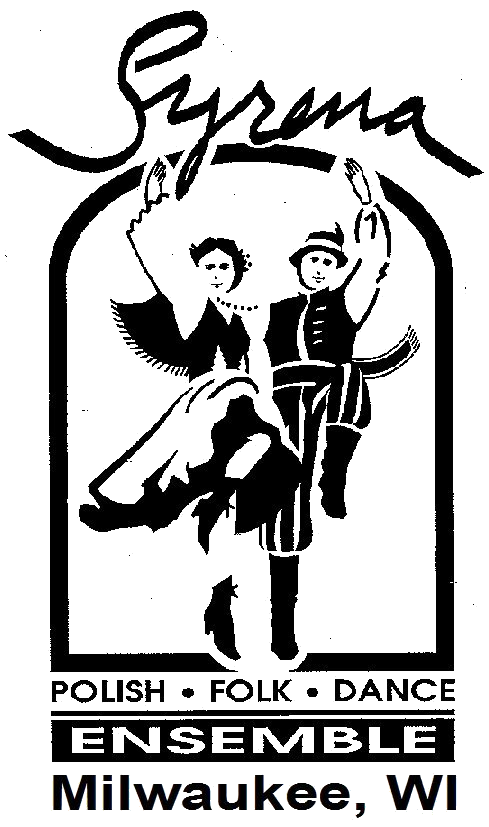Legend of the Warsaw Mermaid
The Legend of the Warsaw Mermaid
A long time ago there lived a powerful King Baltyk who ruled his kingdom from an amber palace, located at the bottom of the Baltic Sea. King Baltyk had a beloved daughter who helped him rule his underwater kingdom. This beautiful maiden was a mermaid, a “syrena” in Polish. Syrena had long blond hair, blue eyes, and from the waist down was covered with silvery scales to her tail. The bottom of the sea was her world, and it was the only world she knew.
One day she narrowly escaped being caught in some fish nets by swimming to shore. When she lifted her head from the waters, she saw the vista of a strange new world. “Where am I?” she asked the river Wisla, whose waters empty into the Baltic Sea. “In Poland,” answered the river, “and if you want to find out more about this land, swim upstream with me.” Being a good swimmer, Syrena managed to do this. She saw things she never knew before: forest lands, and animals, and birds. Finally she came to the plains of Mazowsze in the very heart of Poland. The people here had cleared the forest, built homes for themselves, and lived from fishing and hunting. Syrena fell in love with the brave Mazovian tribe and decided to stay with them. In the evenings she sang her nostalgic, haunting melodies for them.
One day, a big hunt was held for the Mazovian prince. Chasing a reindeer, the prince got lost in the forest. He also lost his golden arrow with which he was hunting. Searching for it he came to the banks of the Vistula River. There, in amazement, he saw a white arm extending from the water holding his arrow. He became enchanted with Syrena, the beautiful half fish, half woman creature. She smiled at him and, handing him the arrow, pointed in the direction he was to take. He soon came to a clearing in the forest where stood a small cottage, the home of the fisherman Warsz, his wife, and their twin sons. Mrs. Warszowa gave him a good supper and asked him to stay overnight as a guest. The next morning she refused any payment from him for her kindness. The prince was moved by their hospitality and their way of life. “If you like,” said the fisherman Warsz, “we would be honored to have you come back and stay with us.”
And that is what the prince did. He returned with his people and together they cleared more land and built a small settlement, called “Warszowa,” which means “the village of Mr. Warsz.” Later it was changed to Warszawa, and in 1596 it became the capital of Poland.
We do not know how much of this story is true, but we do know that the emblem on the coat of arms of the city of Warsaw is a mermaid holding a sword and a shield. When you visit Warsaw, you will see a bronze statue of Syrena gazing at the gray waters of Wisla.
Ada Dziewnowska
